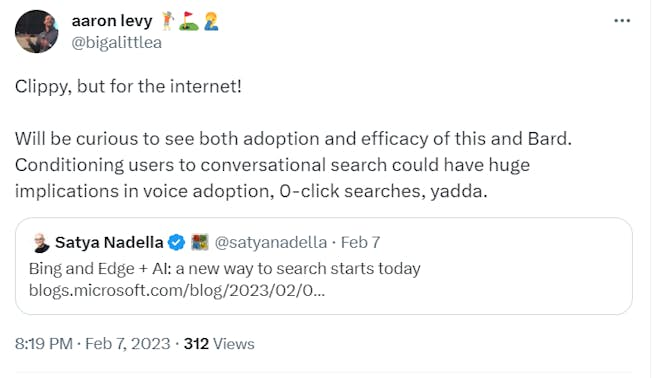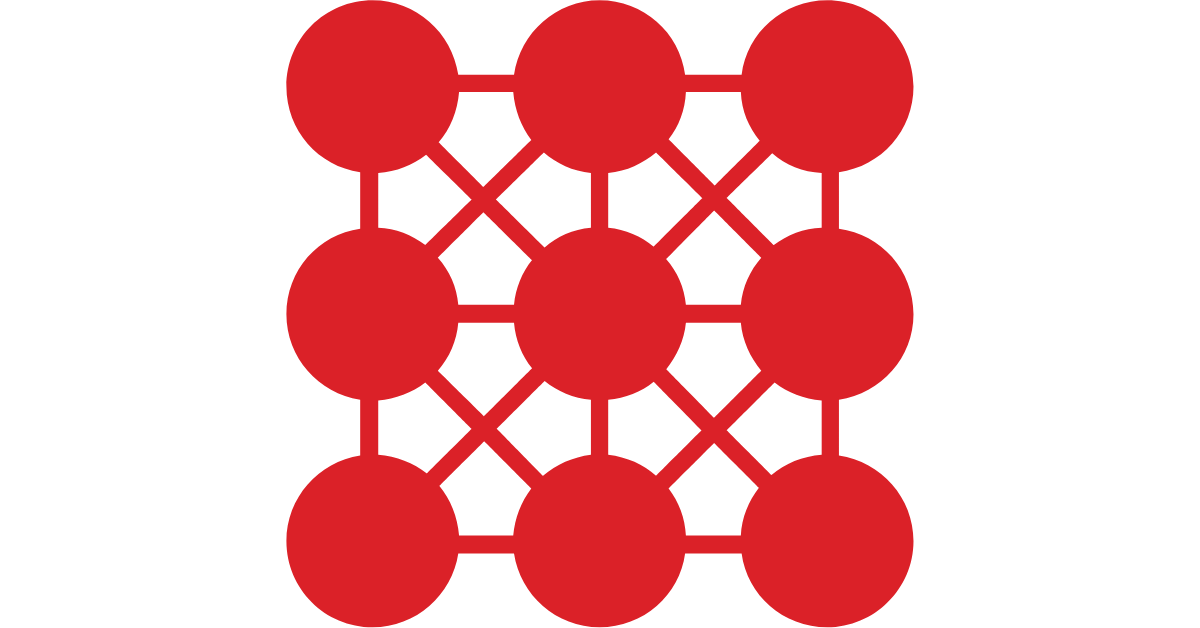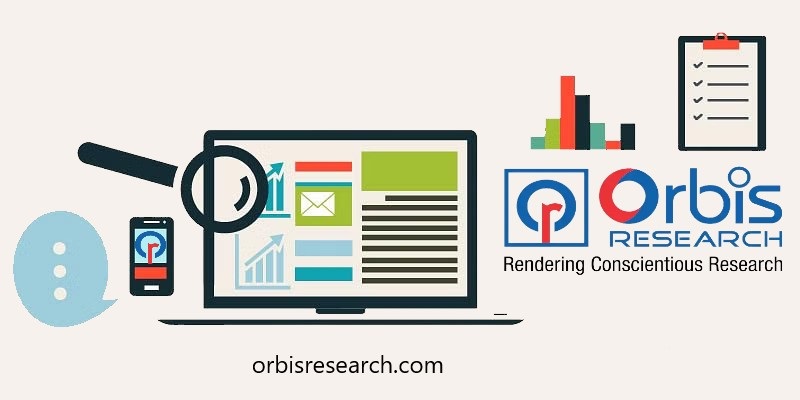Have you an analytical brain? Do you like data and numbers? Or are you intrigued by AI and want to use it to generate leads? If this sounds like you, then Pay-Per-Click (PPC) marketing could be a great area to explore.
Plus, PPC marketing specialists are in hot demand right now with salaries that typically range from $50,000 to $80,000 per annum according to talent.com.
Interested? Let’s look at the role of a PPC specialist, the skills required, and see what’s required to succeed.
What is a PPC marketing specialist?
A PPC marketing specialist is a digital marketer that specializes in the art of paid marketing using platforms such as Google Ads or Bing Ads.
They use a mix of creative and analytical strategies to target specific audiences and earn the best possible return on investment from various paid marketing platforms. This requires the planning and optimization of paid campaigns.
PPC marketing is a varied, demanding, and rewarding role with many different duties and skills to consider.
Is PPC a good career?
In a word, yes. As a digital marketing skill that brands across industries are crying out for, being a PPC specialist is varied, lucrative, and full of opportunities.
It is perfect for people with an aptitude for numbers that like to get insights from data. These insights can then be used to create campaigns that drive leads and boost revenue.
The professional life of a PPC marketing specialist is challenging, and as no new campaigns are ever quite the same, you’ll always discover something new.
The Role of a PPC Specialist
A PPC specialist manages online paid advertising campaigns including the strategy, design, implementation, search engine optimization (SEO), and analysis of ad performance.
It’s a role that is also highly sought after because it takes a unique set of skills to nail a PPC campaign. Some of the main roles a PPC specialist will assume include:
Keyword research
Understanding how people search for any product or service is a must for a PPC Specialist. You have to keep up with trends, and constantly research and test your keyword choices to inform your ad campaigns. And when an ad underperforms be ready to change it to drive better results.
The five steps of keyword research are:
- Define – Be clear on your topic, user intent, landing page and seed keyword
- Brainstorm – Gather a list of possible relevant keywords including low-hanging and competitors
- Filter – Filter your keywords and focus on quality over quantity
- Inspect – Look at keyword volume, ranked position and difficulty
- Prioritize – Choose your primary, secondary and tertiary keywords
Remember to revisit your keyword research and priorities on a regular basis as searcher intent constantly changes.
Landing page design
Your PPC ads will direct clickers to a landing page where you have a few seconds to engage and delight your readers. Perfecting these landing pages is an art that successful PPC specialists share. Without a strong landing page, all your efforts are for nothing.
Key things to consider when designing a landing page are:
- The headline – With so much content out there, people skim so it’s important to create a headline that’s snappy, relevant and enticing.
- Images – Choose images that are related to the offer or promotion but are eye-catching
- CTA – The call-to-action is key as it’s prompting people to take an action. Be creative with your CTAs and test them to see what works.
- Use simple forms – If you’re using a form in your ad, then make it short and simple. Be conscious of how many fields you’re including. People won’t fill a form out if it’s too complicated or asks too many questions.
When it comes to landing pages, make sure that the copy and look of your ad is reflected once they click through. If there’s no relationship between the two, people may be confused or lose interest.
Trend watching
This alone can prove to be a full-time job. SEO trends and understanding how to outsmart Google’s ever-changing algorithms will keep you busy when you are not mastering your campaigns.
You will need an intimate relationship with consumers, so you understand what they will respond to and also what technology is driving them each day. You have to know all of this, along with societal trends, to keep on top of your keywords and landing page designs.
The recent big Google shift from Universal Analytics to GA4 is something to stay up to date with as a PPC specialist.
What Skills Does a PPC Specialist Need?
According to Brendan Almack, Managing Director at Wolfgang Digital on our podcast ‘The Future of Paid Search Advertising’
“PPC can be the most effective and measurable marketing channel. So, it’s really easy to measure an outcome. And if you’ve got a good paid search team or good paid search marketers working on the accounts, it can be phenomenally profitable.”
So what skills does a ‘good paid search marketer’ have that makes them so in demand across industries?
1) Analytical Thinking
As a PPC specialist, you’re going to spend a lot of time trying to figure out what works for your campaigns. So, an analytical mindset is needed to look at the data and analyze the statistics to improve your campaign’s performance.
The analytical tasks you may carry out on a daily basis are:
- Identify data sources (e.g. Facebook, affiliate marketing, etc.)
- Set up and assess goals
- Use data dimensions (e.g. location, device type, etc.)
- Conversion tracking
- Competitive analysis
- Ad performance
- Goal funnel creation
- Search query performance
It’s crucial to keep your data structured and in order as a PPC specialist. It’s impossible to analyze data that’s all over the place, so make sure your campaigns are clearly labeled and accounts organized.
2) Artificial Intelligence Know-How
Artificial intelligence (AI) technology is creating new opportunities for PPC specialists. In marketing, AI can be used to streamline workflows, target audiences, boost conversions and create content so it’s important to have a working understanding of the technologies available (and the ones emerging).
“Although AI has been working behind the scenes on Google Ads for quite some time through formats like TCPA/Target ROAS bidding strategies, more recent AI revelations like ChatGPT enable marketers at the front-end to brainstorm new ideas for copy and creative,” says Sean McKenna, Head of Digital Marketing at the Digital Marketing Institute. “Bard also gives us search marketers an opportunity to optimize for a new placement within SERPs.”
To get some understanding of how these AI technologies work, try using them to create content or research keywords. If you plan to use AI for automation, make sure to monitor activity for correctness and alignment with business goals.
3) Organization & Time Management
Organization and time management are expected in most jobs, but as a PPC specialist, you will be faced with many tasks that require attention to detail.
For example, tracking the status and performance of your campaigns while researching trends and algorithm changes. You will need a long to-do list and a massive day planner to make sure you don’t miss anything.
There can be a lot of juggling involved in PPC, particularly if you have multiple campaigns on the go so you need to be organized.
4) Technical Expertize
There are many technical aspects to PPC management. A PPC specialist will need to have an understanding of HTML and JavaScript, deciphering, tracking, and retargeting codes, or the proper use of tags.
You also have to understand technology from a user standpoint to keep up with the latest trends for browsers, devices, and so on.
5) Creativity
While PPC is highly analytical, there also needs to be some creativity involved to devise engaging campaigns that convert. A PPC specialist should be willing to try new copy or imagery through testing to gain insights that can help craft successful campaigns.
This involves thinking outside of the box and brainstorming copy that stands out. This could be through using humor or piggybacking on a social media trend or buzz in the media to gain attention.
For example, when Topshop went into administration, people still searched for the brand name despite the website being down. Seeing an opportunity, online retailer Pretty Little Thing used PPC to capitalize on that search traffic and drive them to their site instead.
6) Consumer Understanding
You have to know your brand and the business(es) you are serving in order to determine customer intent. In other words, it’s your job to know what people are looking for and serve ads that cater to that interest.
The best way to know your customer is to develop detailed buyer personas. That way, you will understand the key needs and pain points of your customers and craft ads that resonate and drive clickthrough.
This means you will know the right ad placements, keywords, and copy for your display ads.
7) Communication
The role of a PPC specialist is not only to write good campaign copy but also the ability to communicate ideas to clients and team members effectively.
You will need to keep on top of PPC campaigns to ensure you are implementing them correctly and be able to justify your ad placements and bidding strategies. It’s important to give feedback and communicate any recommendations based on data or insights to make changes to concepts or campaigns (so people see that if changes are not made, the campaign will suffer).
As a specialist role, it’s crucial to be able to communicate any PPC activity in simple terms that everyone on the team can understand.
8) Adaptability
Digital marketing is fluid in nature with changes at every turn. This is particularly true when it comes to customer intent and behavior as these can change rapidly and without warning if you’re not on top of things.
As a PPC specialist, you have to be willing to make changes. You also have to recognize the need for change when things are not going the way you planned.
For example, let’s say a top-performing PPC campaign suddenly stops generating leads. The key is to figure out what’s happened and use any insights or judgment to swap out keywords or change the copy. You have to accept that what once worked, no longer does.
Adapting to improve as well as adapting to meet changes to trends and technology are everyday occurrences you have to incorporate into your plan. In other words, plan to make changes to your plans.
9) A Hunger for Knowledge
As a PPC specialist, you need to learn every day. The research required is endless, so you must have an appetite for knowledge and be willing to learn new ways of doing things to remain at the top of your game.
The smallest things can make a difference to your PPC campaigns so it’s important to keep up with industry news through podcasts (#PPCChatRoundUp) and publications (Search Engine Land or WordStream) and keep an eye on what PPC influencers are saying (Aaron Levy, Amalia Fowler and Greg Finn).

Understanding the Psychology of PPC
A successful PPC specialist understands the importance of the psychology of language. It will be the driving force that keeps you investigating and looking for ways to generate click-throughs all day long. The slightest difference in the way you word your ads will make or break the success of your campaign.
The art of persuasion will allow you to trigger emotions to get the results you want. Consumers need to feel they have to learn more, and most importantly, they need to feel that they MUST have what you are selling.
Remember to be consistent and stick to using the same tone while adhering to any brand guidelines. Practice and develop your skills so that you understand how to write a tagline that remains true to a brand, is repetitive but not stagnant, and gets an emotional response.
Conclusion: What Does a PPC Specialist Do?
Your life as a PPC Specialist will require a lot of juggling, but with practice that will become effortless and second nature.
Your PPC ads will have to create a sense of urgency, be creative and clever, and incorporate keywords that can often prove awkward to position. The use of your keywords, copy, and visuals have to work together beautifully to encourage people to click through to your perfectly designed landing page.
As you create each ad or campaign, you then get into your metrics and see where you can optimize and improve. It can be a hit to your ego, but a true PPC expert knows this comes with the job.
Blog updated June 2023
Become a PPC expert
As companies need to get noticed, the demand for professionals with PPC experience keeps growing. Kickstart or advance your career with DMI’s short Paid Search course that will teach you the fundamentals of paid search and explore how to set up, manage and optimize a PPC campaign along with reporting using GA4 and data visualization.
Related
https://digitalmarketinginstitute.com/blog/what-does-a-ppc-specialist-do




